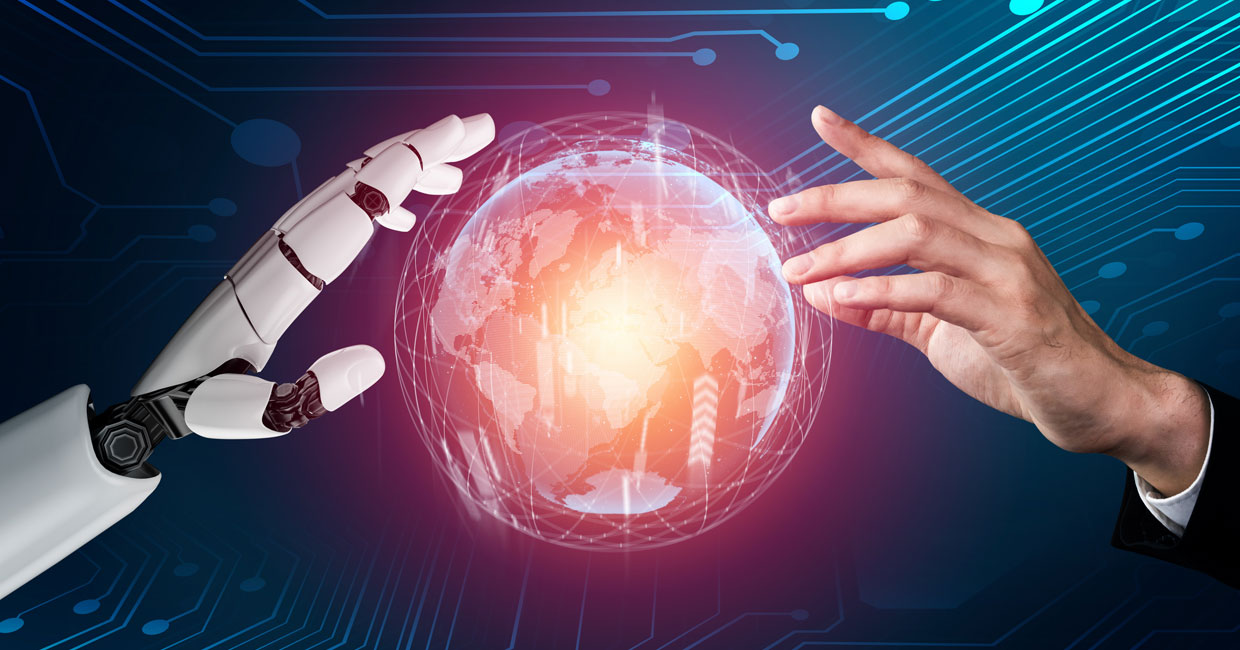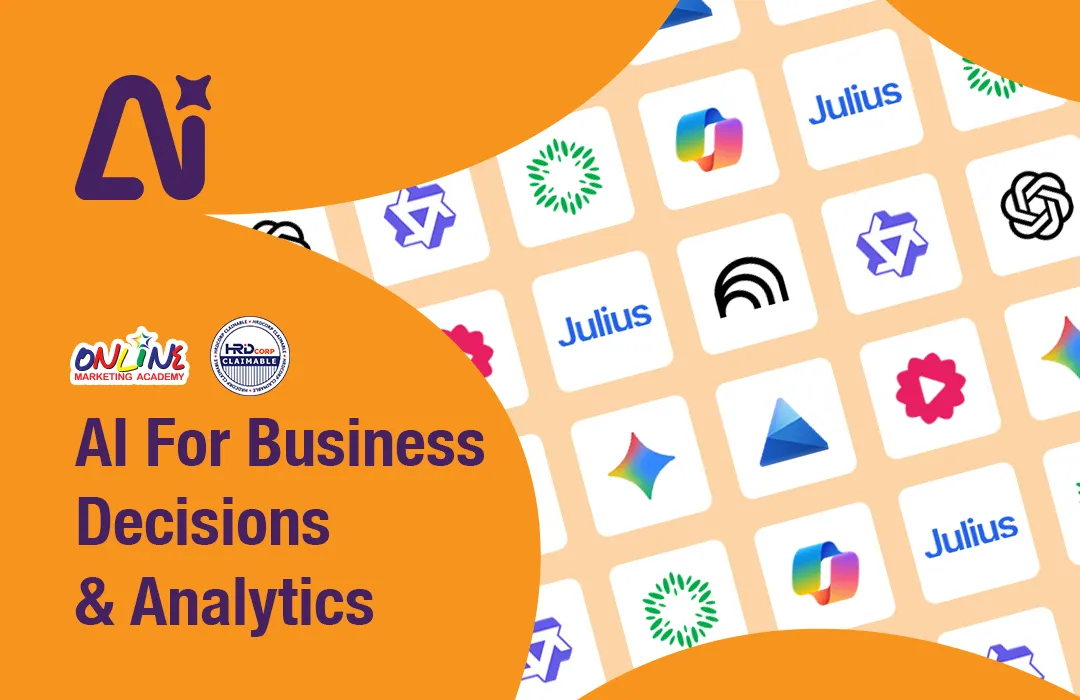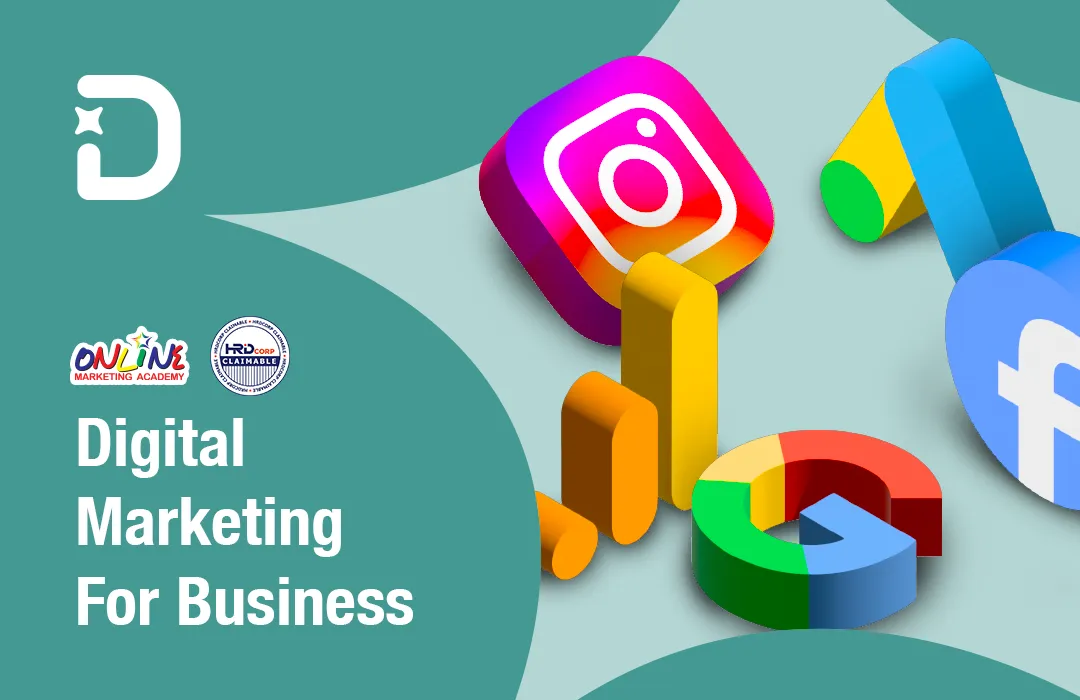The future of jobs in a world with AI
11 April 2023
Artificial intelligence (AI) has rapidly become an integral part of our society, transforming the way we live and work. AI-powered automation is now used in various industries, from healthcare to finance to manufacturing, to streamline processes and increase efficiency. While AI has the potential to create new jobs, it is also expected to impact existing ones, leading to a shift in the job market. In this article, we will explore the future of jobs in a world with AI and how individuals can prepare for this shift.
Jobs impacted by AI
The rise of AI and automation is expected to impact jobs in different ways. Some jobs may become obsolete as they are replaced by machines, while others may require new skills and knowledge to work alongside AI. Here are some of the jobs that are expected to be impacted by AI in the coming years:
Transportation: The transportation industry is expected to undergo significant changes due to the introduction of self-driving vehicles. This could impact jobs such as truck drivers, taxi drivers, and delivery drivers.
Manufacturing: AI-powered automation is expected to impact jobs in manufacturing, including assembly line workers, quality control inspectors, and machine operators.
Customer service: Chatbots and virtual assistants are already being used in customer service, which could impact jobs such as call center representatives and customer service agents.
Healthcare: AI-powered systems are expected to transform the healthcare industry, impacting jobs such as radiologists, pathologists, and medical transcriptionists.
Finance: The financial industry is already using AI-powered systems to automate tasks such as fraud detection and risk assessment, which could impact jobs such as financial analysts and loan officers.
Preparing for the shift
While the impact of AI on jobs is inevitable, individuals can take steps to prepare for this shift. Here are some ways to future-proof your career:
Develop new skills: As AI and automation become more prevalent in the workplace, it's important to develop new skills that complement these technologies. This could include skills such as data analysis, programming, and digital literacy.
Stay updated with industry trends: Keeping up-to-date with industry trends can help individuals stay ahead of the curve and identify potential job opportunities. Attending industry conferences, networking events, and online forums can be helpful.
Be adaptable: With the rise of AI, the job market is likely to become more volatile. Being adaptable and open to learning new things can help individuals navigate this shift and remain relevant in their chosen field.
Consider reskilling: In some cases, reskilling may be necessary to stay competitive in the job market. This could involve taking courses or certifications to develop new skills that are in demand.
Pursue creative careers: As AI and automation take over routine tasks, creative careers that require human skills such as empathy, critical thinking, and problem-solving are expected to remain in demand. Pursuing a career in fields such as design, art, or writing could be a good option for those looking to future-proof their career.
Conclusion
The rise of AI is expected to impact jobs in various industries, leading to a shift in the job market. While the impact of AI on jobs is inevitable, individuals can take steps to prepare for this shift. Developing new skills, staying updated with industry trends, being adaptable, considering reskilling, and pursuing creative careers are some ways to future-proof your career. By taking a proactive approach, individuals can position themselves for success in a world with AI.











 Whatsapp Us +6011 1144 5462
Whatsapp Us +6011 1144 5462



